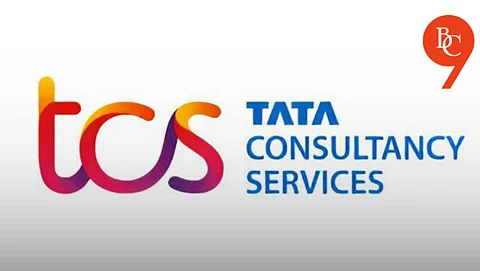

Tata Consultancy Services (TCS), India’s largest IT services company, has implemented a sweeping change to its employee deployment policy. Effective June 12, 2025, all TCS employees are now required to be billed for at least 225 days each year, drastically reducing the maximum allowable bench time to just 35 days annually. This move, which comes amid a challenging environment for the IT industry, is designed to maximize workforce productivity and ensure employees remain project-ready.
Under the updated guidelines, every TCS associate—regardless of seniority—must be actively assigned to billable client work for a minimum of 225 business days within a rolling 12-month period. Employees can only remain unallocated, or “on the bench,” for up to 35 days per year. Bench time refers to periods when employees are not assigned to any client project but remain on the company payroll.
The company’s internal communication emphasizes, “At any given point in time, associates must have been allocated for a minimum period of 225 business days in the last 12 months, failing which, necessary due diligence and appropriate management action will be exercised”.
The company underscores that “long periods of remaining unallocated shall adversely impact associate compensation, career growth, avenues of overseas deployment in the future, and continuity of employment with the organisation”.
Associates who are not currently deployed on a project are now expected to dedicate four to six hours daily to upskilling activities, ensuring they remain ready for future assignments. TCS has also made working from the office the default, with remote work permitted only in exceptional circumstances.
The IT sector is facing stagnating growth and increased competition, prompting companies like TCS to optimize resource utilization and control costs. By capping bench time and mandating a higher threshold for billable days, TCS aims to align individual performance with organizational goals, improve margins, and enhance overall project delivery.
The Resource Management Group (RMG), led by Chandrasekaran Ramkumar, is tasked with ensuring compliance and actively engaging associates in client projects. Employees are encouraged to proactively seek new assignments and collaborate with the RMG to minimize unallocated periods.
While the policy is expected to boost productivity and efficiency, some employees have voiced concerns about reduced flexibility and potential impacts on work-life balance. Industry analysts, however, note that such utilization-driven strategies are becoming increasingly common as IT firms strive to remain competitive in a rapidly changing market.
